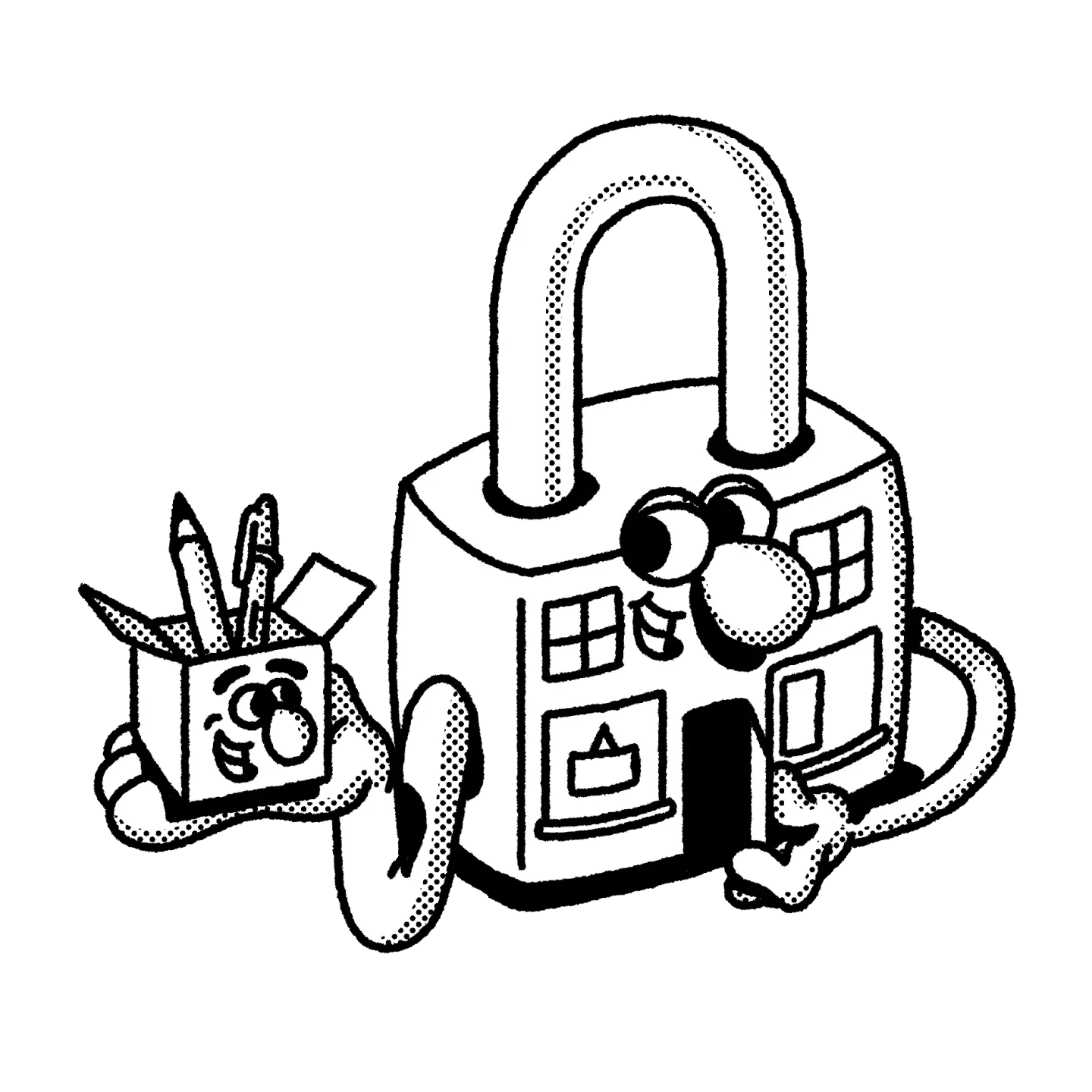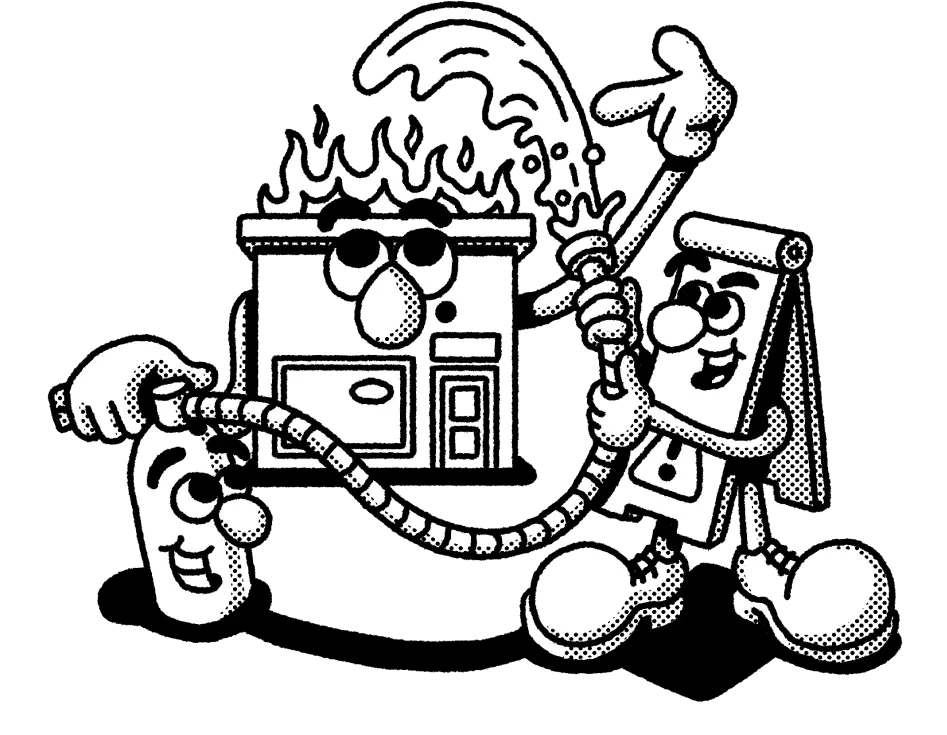Jump ahead to learn:
- Is NJ Workers’ Compensation insurance required?
- What are NJ Workers’ Compensation rates and costs?
- How does New Jersey Workers’ Comp work?
- Workers’ Compensation coverage in New Jersey
- NJ Workers’ Comp death benefits
- What if you don’t have Workers’ Comp insurance in New Jersey?
- Who is exempt from Workers’ Compensation NJ rules?
- How NEXT helps New Jersey small business owners
Is NJ Workers’ Compensation insurance required?
Yes. If you have employees in New Jersey, workers’ compensation insurance is required by law, or you must be approved for self-insurance. This includes out-of-state employers with contracts or employees working in New Jersey. Generally, it also applies to part-time and seasonal workers.
This requirement applies to all corporations, sole proprietorships, limited liability companies (LLCs) and partnerships operating in the state. Corporations and LLCs must cover corporate officers and employees, while partnerships and sole proprietors must cover individuals working for them.
Business owners can comply with New Jersey law by buying workers’ compensation coverage from an insurance company or getting approval to create a self-insured workers’ comp coverage program for their employees.
What are NJ Workers’ Compensation rates and costs?
Workers’ compensation costs vary across industries. Factors that can influence your annual or monthly price include:
- Your number of employees and the type of work they do.
- Your total payroll.
- Your insurance claims history.
- The location(s) where you do business.
You can use our workers’ compensation cost calculator to get an idea of pricing for a business like yours. But the best way to see exactly what you’ll pay for your business is to get a free instant quote from NEXT.
How does New Jersey Workers’ Comp work?
In the state of New Jersey, workers’ comp coverage helps provide benefits to employees injured or made ill on the job.
It can help cover:
- Medical expenses
- Lost wages
- Rehabilitation and physical therapy
- Retraining if you can no longer do your job
- Permanent injury
- Death benefits and survivor benefits
The system is no-fault, meaning employees don’t have to prove negligence to receive benefits. Employers pay for the coverage; in exchange, employees can’t sue for work-related injuries.
The New Jersey Division of Workers’ Compensation oversees and enforces NJ workers’ comp laws and all disputes raised under the law.
If you hold a workers’ comp policy with NEXT, we strive to resolve every claim quickly. Learn more about our claims process and how our claims advocates will work with you after an employee’s work-related illness or injury.







